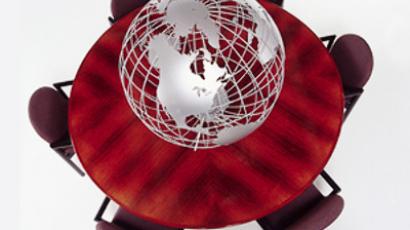Russia heads for energy efficiency
Russia is launching a programme to halve the country’s energy consumption over the next decade, as European shops face a 2014 deadline for selling only the most energy efficient appliances.
Russia wastes as much energy as France or the UK consume while the World Bank says it could save up to 45% of the energy it uses. Since Dmitry Medvedev made energy efficiency a key national goal by 2020, producers of energy saving lamps have thrust Russia into the spotlight.
Tatyana Lee, country marketing manager at Philips, says Russia needs to start using its great potential.
”In Russia compared to Europe, almost 90% of all installed base at the moment is done based on old inefficient technologies, traditional inefficient technologies. That’s why we think that the potential in Russia is huge and basically lighting is the easiest way to make energy efficiency.”
According to experts, the residential market holds the greatest potential for energy saving.
Heating in most Russian households is centralized and is being pumped into apartments for half the year. The only way to regulate the temperature in your flat is to use the little window – a fortochka – and waste the heat.
The World Bank’s report suggests, with energy efficient programs in place, Russia could save around $100 billion annually. For 4 year the International Finance Corporation has been trying to make Russian companies invest in modernizing their production, and Maksim Titov from the IFC says it’s important to convince the authorities first.
”Bankers can go to these decision makers and convince them in terms of dollars, euros, Roubles – guys, you are spending money, you have to think twice before you spent so much just to heat the planet.”
Experts say the payback period takes about 2 or 3 years, and to become energy efficient Russia needs over $300 billion of initial investment. But as the financial crisis rages, at least individuals can make a start.













